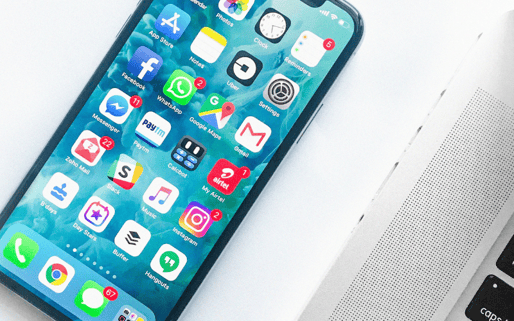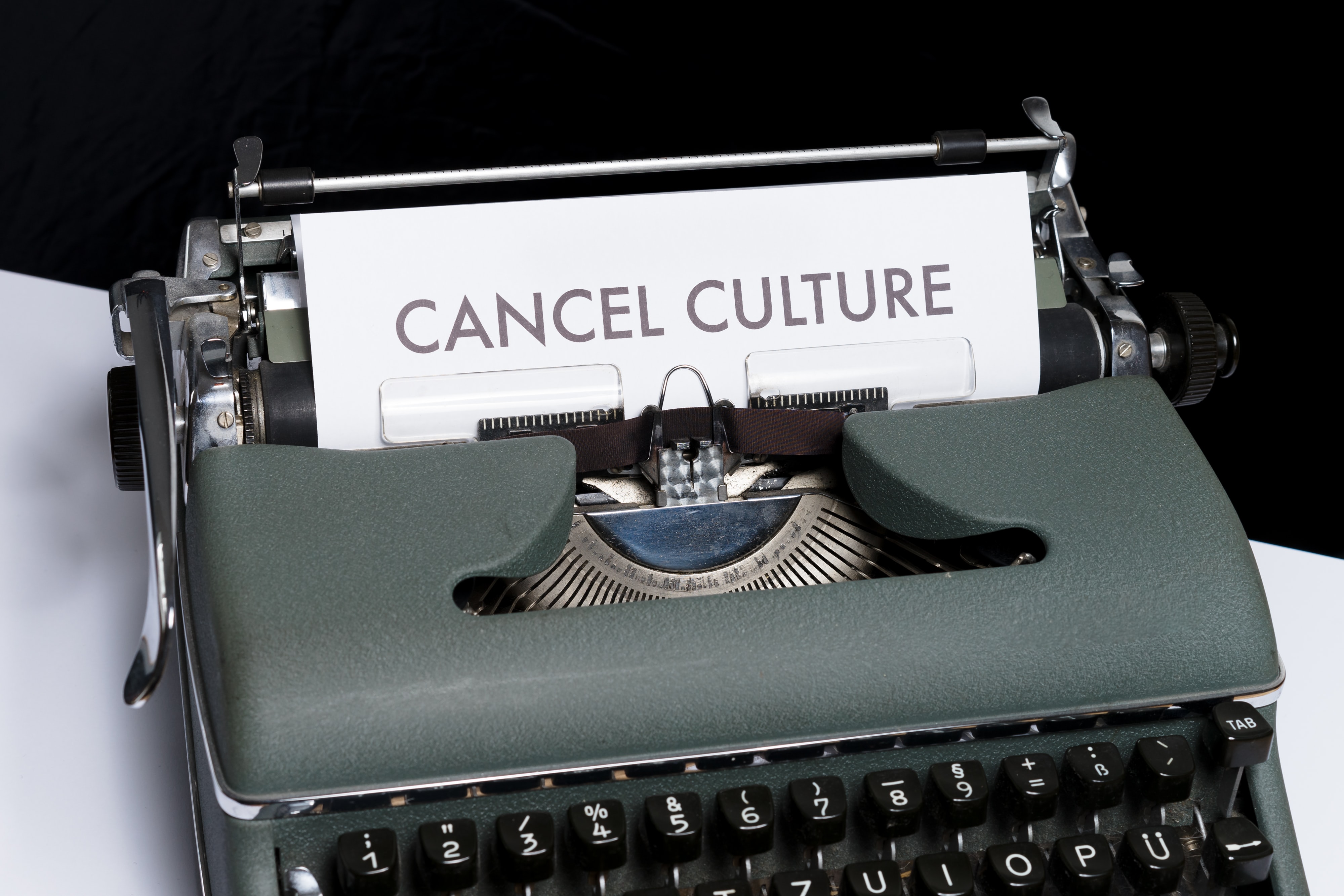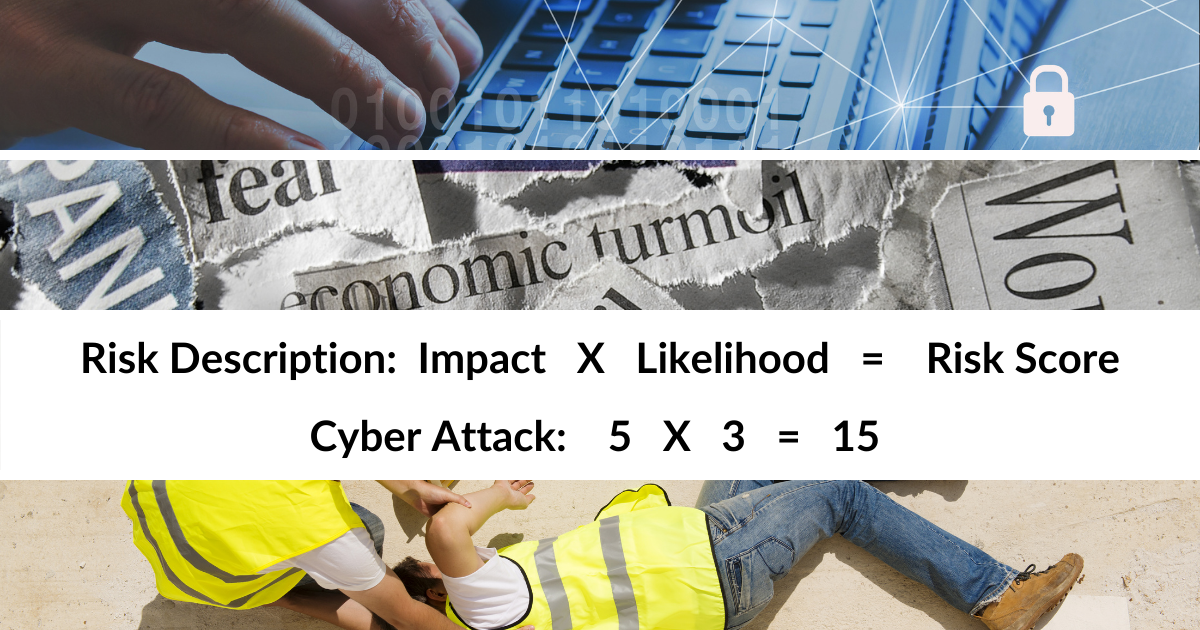The Other Social Dilemma for Employers

The Social Dilemma is the 3rd most watched movie on Netflix in September. Based on interviews with Silicon Valley insiders, the film looks at how social media influences our thinking and behavior without us always knowing it is happening. It also warns of the danger in our perception that we are consumers of social media brands. In fact, we are the product.
Many of you will have watched this documentary that is entertaining, at times a little scary and, some critics have countered, slightly alarmist.
Whatever your viewpoint on the morality of the modern-day tech barons, it underlines how important social media has become in our world, a trend which is increasing during the COVID-19 era.
One recent survey found time spent on social media during the pandemic has increased by more than 70 percent, with 40 percent more posts. The survey suggested Instagram is the platform which has benefited most from the increased usage.
As an employer, you may or may not have a strong point of view about the thesis of The Social Dilemma. Almost certainly, you have a more pressing, everyday dilemma of your own. The immediate reality is that a team member, at any moment, could post content reflecting poorly on the organization’s leadership, values, product or workplace and that the post goes viral leading to reputation damage.
Here are a few recent examples of organizations faced with that reality:
- An employee at a Kansas Goodyear plant posted a slide from the company’s diversity training showing what is acceptable and is not. The resulting furor about the fact that “Black Lives Matter” was acceptable but “Blue Lives Matter” was not, included a tweet from President Trump calling for a boycott and the CEO issuing a statement that the company was revising its policies.
- Employees at Refinery29 posted adverse comments about racial discrimination in the workplace after the company, an entertainment website focused on young women, issued a corporate statement in support of Black Lives Matter in the aftermath of the death of George Floyd. The criticism led the co-founder of Refinery29, Christene Barberich, to step down from her role as editor-in-chief.
- A student at a Georgia High School shared a photograph of students crowded in a corridor, with no social distancing and few masks. The school initially suspended the student, then, amidst intense media scrutiny, reversed the suspension and later temporarily moved to virtual learning after reporting nine cases of COVID-19.
The international law firm Holland & Knight (HK) recently published timely guidance for strengthening social media guidelines for employees, with the impact of the pandemic in mind.
Their key recommendation is to act quickly if employees break the rules with a posting on social media. The reputation stakes for an organization are high and the online news cycle moves quickly. You cannot afford to wait until the situation becomes a full-blown crisis, by then meaningful intervention is difficult if not impossible.
HK also reminds us that it is permissible for an organization to protect its reputation by issuing a policy to employees. However, an employee’s rights to use social media and even some workplace topics are protected by law.
It shares these examples of what you can and cannot say in your social media policy:
|
Likely Permissible Rule |
Likely Unlawful Rules |
|
Requiring employees to not speak on behalf of employers unless authorized |
When discussing work, requiring employees to use their real names and titles and to explain that they are speaking only in their individual capacities |
|
Prohibiting use of employers' logos and other intellectual property, as well as the use of employers' names in social media account handles or in URLs |
General ban on voicing complaints about employers or working conditions |
|
Prohibiting disclosure of "personal information" or "protected health information" of other employees |
Prohibiting the disclosure of any employee information whatsoever (such as contact information or information about wages and pay) |
|
Prohibiting disrespectful, abusive, bullying, harassing, discriminatory or defamatory use of social media |
Prohibiting discussions, reviews or recommendations of co-workers |
|
Prohibiting the disclosure of confidential business information, including photos reflecting that information |
Prohibiting employees from discussing unions or unionization efforts |
This all suggests that this is a good time to revisit your employee social media guidelines to make sure they are robust enough for the COVID-19 era when people are spending an increased amount of time on social media, working remotely and, as we have noted previously, anger and anxiety is on the rise.
Learn how hundreds of organizations large and small are using our award-winning crisis management platform, In Case of Crisis, to better prepare for and respond faster to emerging threats.









